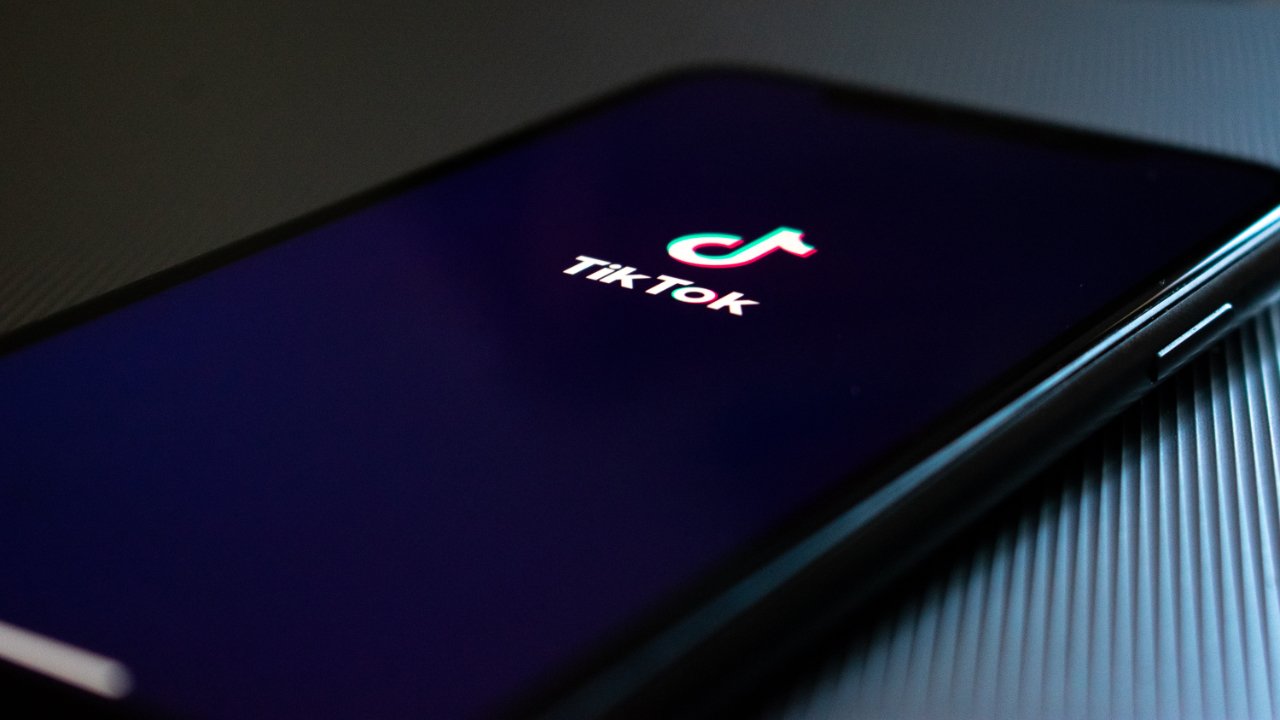
TikTok Might Actually Be Held Accountable for This Deadly Trend
By Movieguide® Contributor
It’s not all fun and dancing on the viral video app, TikTok.
A Pennsylvania-based appeals court just ruled that the company must face a lawsuit over its promotion of lethal “blackout challenge” videos. It will not be able to file for dismissal under Section 230.
Several parents blame TikTok for their children’s deaths after they tried the blackout challenge, which encourages kids to hold their breath or strangle themselves until they pass out.
“The ‘blackout challenge’ has been around since at least 2008, according to PEOPLE, but it started making the rounds on TikTok again back in 2021,” Women’s Health said in April. “Experts have warned young users not to try the trend, which was linked to more than 80 deaths back when it first emerged, per the CDC. In November 2022, a Bloomberg Businessweek report linked the challenge to at least 15 deaths in children 12 and under in the previous 18 months, plus an additional five deaths in children aged 13 and 14.”
Movieguide® reported on Nylah, one of the children who died from the trend and whose mother is the plaintiff in the current suit:
[10-year-old] Nylah hung herself in her mother’s closet, mimicking the videos on TikTok. Although Anderson performed CPR and got her daughter to the hospital, Nylah died five days later.
“I cannot stop replaying that day in my head,” Anderson said at a recent news conference.
She added: “It is time that these dangerous challenges come to an end so that other families don’t experience the heartbreak we live every day.”
Per the Third Circuit Court of Appeals, the content on TikTok’s For You Page is its own speech and therefore can be held accountable for it.
The Verge reported on Aug. 28, “Tech platforms are typically protected by a legal shield known as Section 230, which prevents them from being sued over their users’ posts, and a lower court had initially dismissed the suit on those grounds.”
The court ruled the speech in question is TikTok’s own. The case was sent to a lower court to re-evaluate. That court should have the final say on whether the app will be held responsible.
“The ruling is particularly significant because it shows one area where courts may find the limits of Section 230 immunity,” The Verge reported. “In July, the Supreme Court issued a ruling in a case known as Moody v. NetChoice, over Texas and Florida’s social media laws. In their decision, the justices provided a guide to how lower courts could determine what kinds of actions by social media platforms could be considered First Amendment-protected speech. The justices included content moderation and curation in that bucket.”
“But SCOTUS did not weigh in on ‘algorithms [that] respond solely to how users act online,’ and since the Third Circuit believes TikTok’s algorithm falls into this category in this case, the judges said that its content recommendations to specific users qualify as TikTok’s ‘own first-party speech.’ Section 230 only protects online platforms from being held liable for how they deal with third-party speech, like for hosting their users’ posts (or choosing to remove them),” The Verge said.
Because the content appeared without prompt on the FYP, it counts as TikTok’s speech. Had Nylah searched for the challenge, then that would be a different scenario.
“Then TikTok may be viewed more like a repository of third-party content than an affirmative promoter of such content,” wrote Third Circuit Judge Patty Shwartz.
The Verge said, “The judges said that the algorithm that determines what shows up on a user’s FYP decides what third-party speech to include or not in its compilation and then organizes the videos it chooses to show. ‘Accordingly, TikTok’s algorithm, which recommended the Blackout Challenge to Nylah on her FYP, was TikTok’s own ‘expressive activity,’ … and thus its first-party speech,’ the opinion says.”
This ruling differs from those of previous suits, but the former reasoning no longer stands as the Supreme Court ruled in July “on whether state laws designed to restrict the power of social media platforms to curb content they deem objectionable violate their free speech rights.”
“Big Tech just lost its ‘get-out-of-jail-free card,” Jeffrey Goodman, Nylah’s mother’s lawyer, said in a statement.



 - Content:
- Content: 

